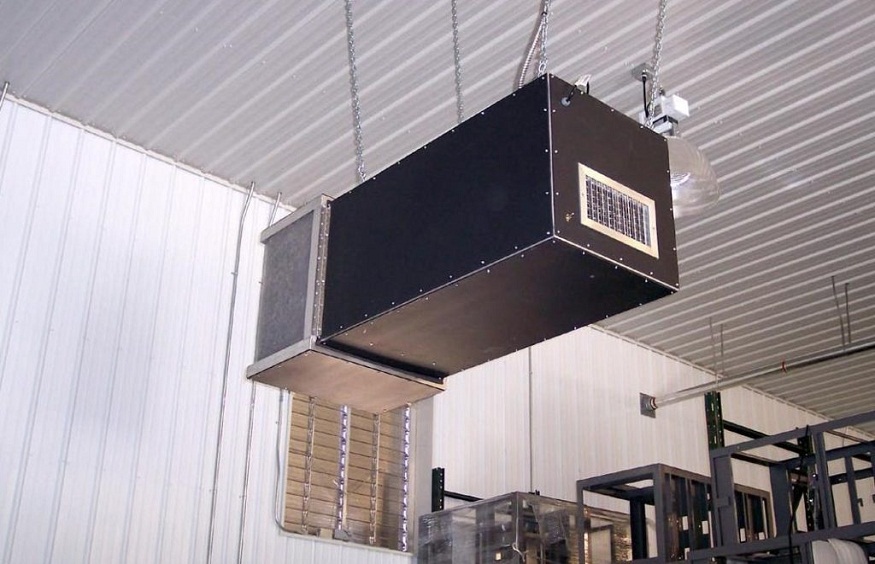
Air purifiers are becoming necessary for keeping indoor air clean, particularly in business settings where many people congregate in one area. Select the appropriate filter to guarantee the efficacy of your commercial air purifier. The filter is the main element in removing pollutants from the air, and several kinds of filters target particular contaminants. Making the greatest decision for the optimum air quality will depend on understanding your demands and available options.
Recognising Different Types of Filters
Depending on the contaminants found in the area, a business air purifier might employ a variety of filters, each with unique advantages. For example, a HEPA filter is one of the most popular and efficient filters for removing dust, pollen, and mould spores from the air. They are perfect for areas where allergies are a concern since they function by trapping these tiny particles in a thick network of fibres. Conversely, carbon filters are made to eliminate gaseous contaminants and smell, like volatile organic compounds (VOCs), which are frequently released by cleaning supplies and office equipment. A purifier with a carbon filter can be ideal if your office is filled with chemical fumes or offensive aromas.
Taking the Environment into Account
The filter choice dramatically depends on the environment in which your commercial air purifier will be operated. An office near an industrial region or with high traffic can benefit from having a filter that can efficiently remove particulate matter from vehicle emissions. Similarly, mould and mildew-fighting filters could be required if the area has a high relative humidity. You can select a filter that targets the most pertinent pollutants by being aware of your workplace’s particular difficulties. This will provide cleaner air and a more comfortable working environment.
Requirements for Upkeep and Replacement
When choosing a filter, it’s crucial to consider the maintenance and replacement plan. While some filters, like carbon filters, may need to be changed more frequently, others, like HEPA filters, might endure for several months before needing to be replaced. Regularly maintained filters may have more extraordinary operating expenses, but if they greatly enhance the air quality, they may be well worth the investment. Pay attention to the manufacturer’s advice about filter change if you want your purifier to continue working efficiently. The purifier’s effectiveness must be maintained by routine filter changes in settings where air quality is crucial.
Ratings and Filter Efficiency
Every air purifier filter has an efficiency rating that shows how well it removes different-sized particles from the air. For example, the MERV (Minimum Efficiency Reporting Value) rating indicates how well a filter collects particles with sizes ranging from 0.3 to 10 microns. Filter sizes with higher MERV ratings are better at capturing tiny particles, but they may impede airflow if misapplied. Balance is essential when selecting a filter for a business air purifier. You want a filter that efficiently removes pollutants from the air without degrading the purifier’s effectiveness. Make sure the filter you select meets the requirements for air quality in your workspace and is compatible with the kind of purifier you own.
Taking Care of Particular Pollutants
Every place has a different profile of pollutants, so it’s essential to match your filter to the toxins there. A mix of HEPA and carbon filters may be required to provide thorough air cleaning in offices where chemicals, fumes, or high dust levels are a problem. Certain air purifiers can also be used with extra filter layers made for particular uses, such as UV filters that destroy viruses and bacteria. By evaluating the contaminants in your environment, you may choose the ideal set of filters to ensure the air purifier fits the room’s needs.
Conclusion
Choose the proper filter for your business air purifier to keep the air in your workspace clean. By being aware of the many filter types, the particular requirements of your environment, and the maintenance requirements, you can select a filter that will efficiently remove pollutants and improve air quality. The appropriate filter promotes everyone’s health and welfare in the workplace and improves air quality. When used correctly, an air purifier can produce a healthier, more productive atmosphere and offer long-lasting advantages.

